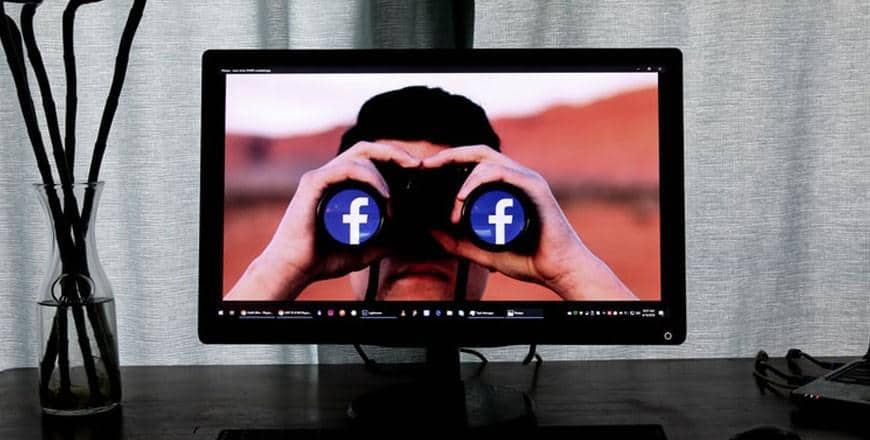Today, everyone is connected one way or the other, especially through social media. Gone are the days you could use social media just to stay in touch...
Today, everyone is connected one way or the other, especially through social media. Gone are the days you could use social media just to stay in touch with family and friends. Nowadays, people and businesses use social media to sell their products.
Visit your social media account and look at the number of ads you will come across. This growth of social media marketing has led to the rise of social media managers and various tools.
Businesses and companies are employing professional social media managers – some are local, while others are foreign experts. Hiring international freelance social media managers is an excellent thing for a business. However, the social media managers location can harm the company's reputation. Sounds strange?
Let's take a deeper look.
Social Media Accountability & Transparency
Did you know that social media like Facebook publicly shows the location from which a page is managed? According to Facebook, to increase accountability and transparency of pages, people can now see who runs Facebook's pages through the page transparency section.
For one, to access the information all you need to do is go to the page transparency>>About Section>>See All.
To determine the social media manager's location, Facebook goes through social media manager's personal information such as the location stated in the Facebook account. Facebook will also look at the IP address of the device being used to access the social media page.
Such information, if not well managed, can really hurt your business. For instance, let's say you own a company based in Germany, and you have a social media manager living in Singapore. How will a client feel after going through your transparency pages and noticing two different locations on your page? That can be damaging – it raises a red flag to your customers and they may end up not believing what you are selling!
To keep consistency, that's where proxies come in.
What is a Proxy?
So what is a proxy? A proxy, also known as a proxy server, is an application gateway that connects a local network with an extensive scale network. The server intercepts and relays information between the local network and the internet. The process takes place in such a way that the proxy server conceals your real IP address.
So, how does this relate to social media?
As a social media manager, every time you log in into any social media account, for instance, Facebook, your social media manager location is noted and recorded. When you log in to multiple social media account pages, the individual pages may end up being removed or blocked.
To bypass these huddles, all you need are proxies. These servers allow you to hide your information as well as your location – you no longer have to worry about red flags or blocks.
Types of Proxy to Use on Social Media Accounts
As a social media manager, how well you manage the account will determine the growth of the business in question. However, you do need to understand the full range of proxies and how each type of proxy can affect your ability to render your services. They are two types of proxies, namely:
- Free Proxies
- Dedicated Proxies
Free Proxies
Over the years, we have seen numerous Social media managers go for free proxies. Free proxies may sound attractive at first, but they can be costly to you and the business you are trying to market. Open proxies, to start with, are not secure. They also get banned quickly – they rarely work, and when they do, they will be easily blacklisted.
Dedicated or Paid Proxy
As a social media manager, you should go for a dedicated or paid proxy. Why? Paid or dedicated proxies help mask your social media manager location by allowing you to browse anonymously.
What makes dedicated proxies the real deal is the fact you get to choose your preferred location. As long as you continue to use a private proxy, you can manage or create any social media account without risking any red flag.
For instance, if you reside in Malaysia, and you are managing a social media account for your client who is based in the UK, you can use a private proxy to hide your Malaysian IP address and appear as if you are managing that particular account from the UK. In this case, you won't risk denting your image; everyone goes home happy – both the site and your client's customers will believe you are managing the page from the UK.
Dedicated proxies are paid proxies. This means that you will have to incur some costs for you to remain anonymous. Are they worth it? Yes, every single penny! You get to enjoy managing a wide range of social media accounts without the risk of getting blocked. Your clients will also benefit from the proxies – their customers will trust them more since there will be a location consistency.
Final Word
That is all for today. One thing is sure about that using a proxy server is a must needed service for any social media manager. What do you think? Share your invaluable opinion in the comment section below.




